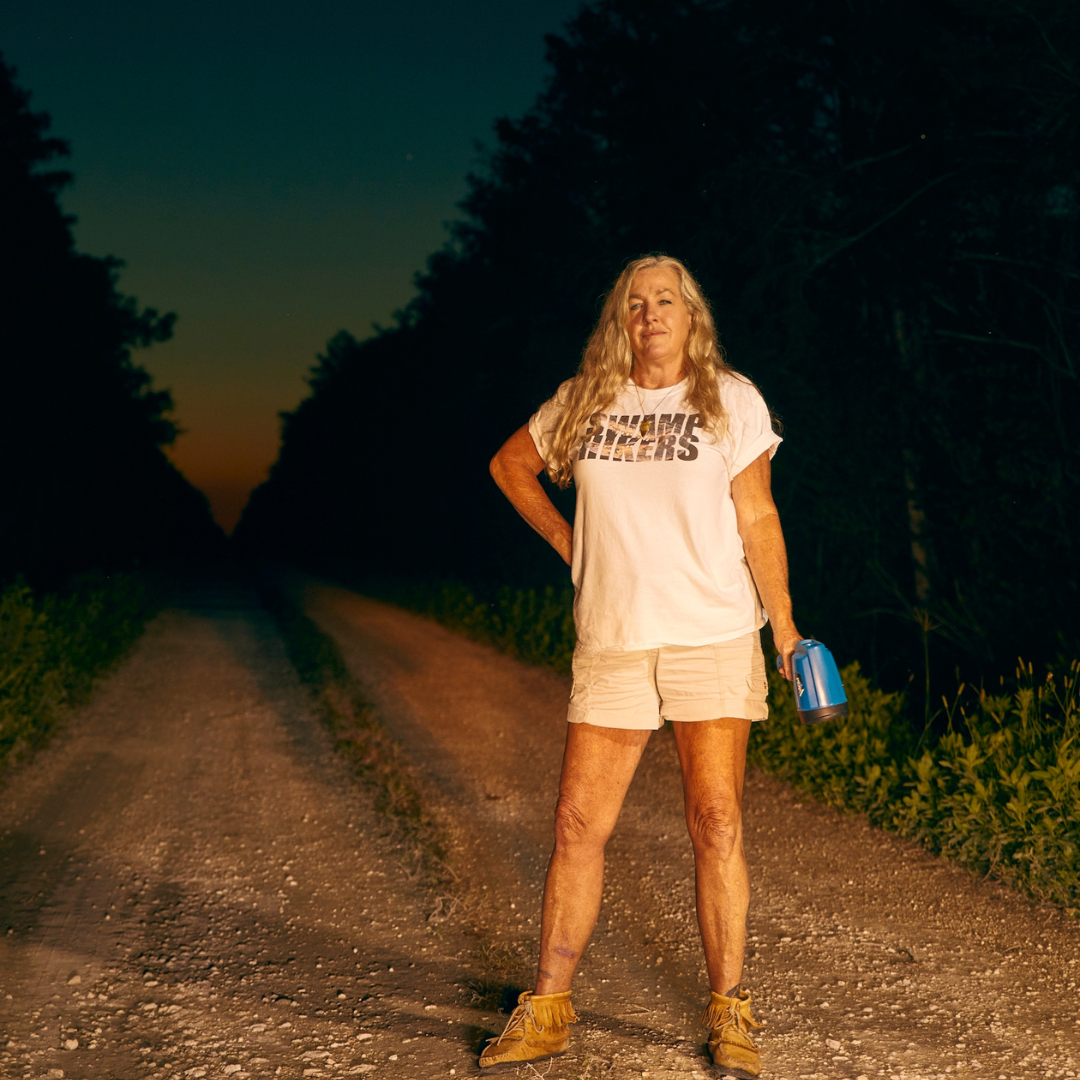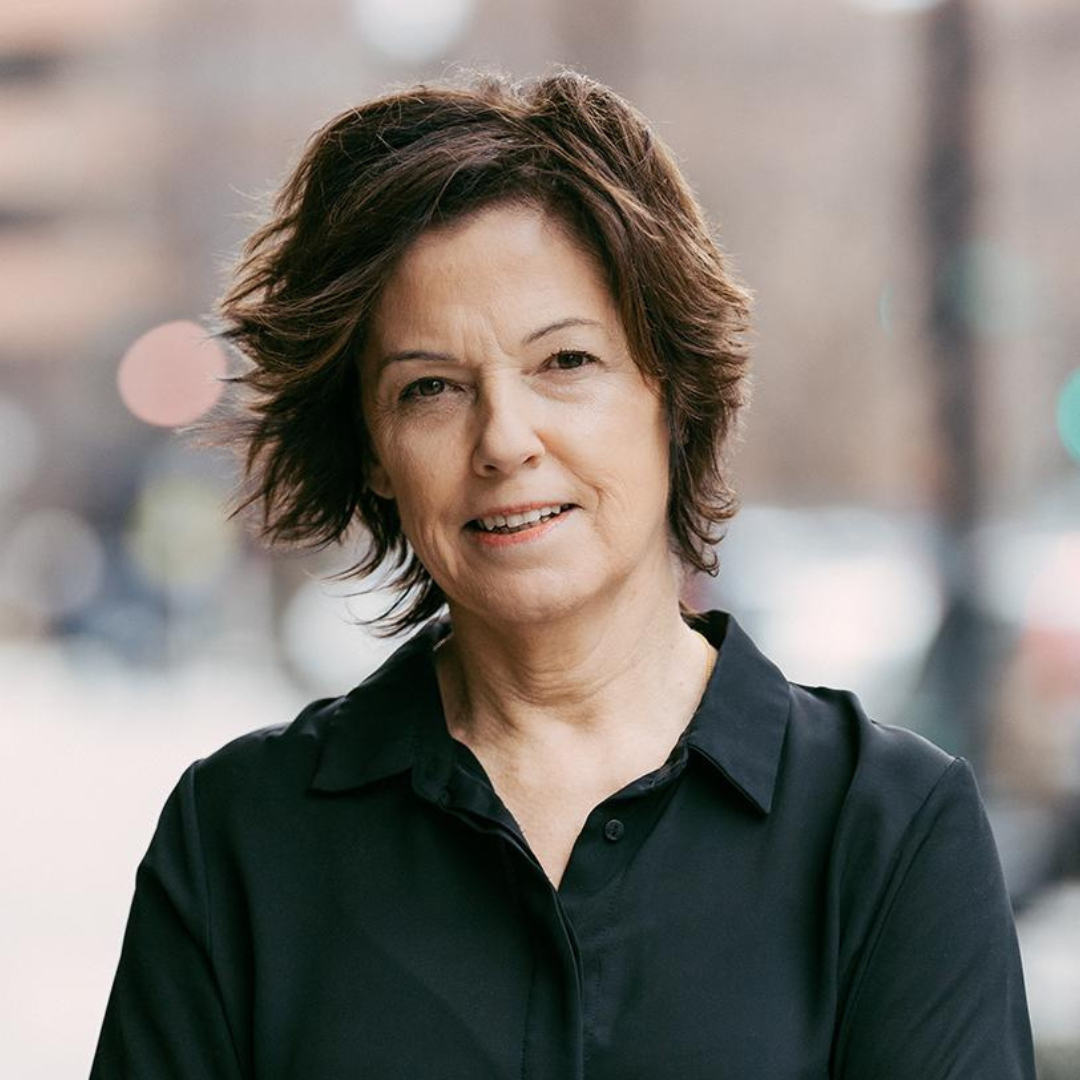by Sophie Feinberg | April 16, 2021
Meet 6 Legendary Ladies in Florida’s Hall of Fame. Plus, 4 That Are Missing.
The Florida Women’s Hall of Fame celebrates Florida’s legacy of strong female trailblazers. Find out who they are and who we think should make the next class of inductees.
Florida’s sandy beaches, soggy swamps, charming small towns and bustling cities wouldn’t be what they are today without the efforts of a long and growing list of legendary ladies. Since 1982, The Florida Women’s Hall of Fame has honored trailblazing female Floridians by hanging their photos in the Florida Capitol building. Of course, you’ll find the faces of Zora Neale Hurston, Marjorie Kinnan Rawlings and even Gloria Estefan watching over those hallowed halls, but what about the lesser-known women who have left their indelible mark on the Sunshine State? With nominations recently opened for the next class of hall of famers, now is the time to get acquainted with 10 women who have changed our state for the better—six current inductees, plus four more fearless females Flamingo would like to see added.
MaVynee Betsch (1935-2005)


With her ankle-grazing dreadlocks, flowing tunics and rhythmic voice, MaVynee Betsch has become somewhat of an urban legend around American Beach. Given her eccentric appearance, children often whispered that she must be a witch, but it was her affinity for beating the odds that made everyone else around her wonder if she possessed some kind of divine gift. Betsch dedicated her life to restoring and preserving American Beach, a haven for Black vacationers that her great-grandfather founded during the Jim Crow era. As the beach fell into disrepair in the years following desegregation, Betsch fought to preserve this slice of African American history from being bulldozed for high-rise condos. She turned her oceanfront RV into a makeshift museum and lobbying firm, choosing to sleep on a chaise in the sands where she could be one with the stars. Thanks to her efforts, Florida’s largest dune and her family’s legacy are now protected in perpetuity under the National Park Service. It only seems right that Betsch be recognized in perpetuity as well in the Florida Women’s Hall of Fame. Read about her life in the newly released children’s book Saving American Beach by Florida author Heidi King.
Roxcy Bolton (1926-2017)


Bolton led a life defined by boldness. She banged on doors, spoke up at government meetings and made endless phone calls to political leaders in the name of women’s rights. When civil discourse didn’t get the job done, Bolton was not one to shy away from confrontation and always made her presence known at Coral Gables City Commission meetings. Thanks to her tireless work—and leading one of the country’s first “marches against rape”—Florida opened its first women’s shelter, Women in Distress, in 1972. She persuaded a Miami financier to donate a house to the cause. Bolton went on to establish a rape treatment center in Jackson Memorial Hospital that now bears her name. On her tombstone, an epitaph embodying her spirit and cause simply reads: Woman. Bolton was inducted to the Hall of Fame in 1984.
Marjorie Harris Carr (1915-1997)


Florida would be sliced in two if it wasn’t for Carr. As a founder of the Florida Defenders of the Environment, she rallied people nationwide against the Cross Florida Barge Canal, smashing gender stereotypes of the time in her undertaking of environmental studies and activism. “I am an optimist,” she said. “I also believe that Floridians care about their environment. If they are educated about its perils, if they are never lied to, they will become stewards of the wild places that are left.” Carr revealed that the canal’s political- and profit-minded supporters fudged the economic benefits to the public. In fact, Carr’s advocacy is the reason environmental impacts are considered in projects today. Today, on the land where the canal would have run, stands a park in her name. Carr was inducted to the Hall of Fame in 1996.
May Mann Jennings (1872-1963)


Floridians may recognize her as the first lady of Governor William Jennings, but May Mann Jennings was a political powerhouse in her own right, particularly when it came to protecting Florida’s wild side. As president of the Florida Federation of Women’s Club, she acquired a large swath of land near Homestead and created Royal Palm State Park. This became the foundation of what’s today known as Everglades National Park. Jennings was a Hall of Fame finalist in 2019, but perhaps this is the year her presence will finally be felt in the halls of Florida’s Capitol building.
Betty Mae Jumper (1923-2011)


Jumper was the first, and still only, female chief of the Seminole Tribe in Florida. That’s not where her firsts end. She was the first in her tribe to learn to read and write and the first to graduate from high school. Forced to grow up outside of the reservation because her father was white, Jumper pleaded with her mother to let her attend boarding school. Jumper’s biracial heritage made her an outcast in both Black and white schools, and she was unable to pursue her education in Florida. Her passion for her mother’s people and storytelling led her to document the Seminole’s history, traditions and culture, and launch the tribe’s first newspaper. “I proved I could do a lot of things,” she said. Jumper was inducted to the Hall of Fame in 1994.
Mabel Norris Reese (1914-1995)


As the owner and editor of the Mount Dora Topic newspaper, this bold journalist spent her life demonstrating the power of the pen. In 1949, Reese took on her town in defense of the Groveland Four, a group of black teenagers in Lake County, Florida, accused of rape. Through her reporting, Reese helped expose the Lake County Sheriff’s misdeeds and shed light on what really happened with the teens. Despite the Ku Klux Klan burning a cross in her yard and poisoning her dog, Reese never let them silence her. “If the Ku Klux Klan thinks this is gonna drive me off, they’ve got the wrong lady,” Reese wrote in an editorial. With her moxie and devotion to chronicling truthful Florida history, we don’t think it will be long before Reese finds herself on the list.
Ruth Bryan Owen (1885-1954)


A history-making politician and fierce orator, Owen was the first Congresswoman elected in the South—and she did it all while sporting a string of pearls. Owen grew up perched on her father’s lap in the House of Representatives, where she was known as the “Sweetheart of the House.” Government was seemingly in her blood, and she went on to serve two terms as a Florida U.S. representative in 1929 and 1931, despite the nagging feeling that she was an outsider. “There was not the friendliest feeling toward any woman taking her place in political life,” Owen wrote in her memoir. The political pioneer joined the Hall of Fame in 1992.


M. Athalie Range (1915-2006)
Range was a mother, not only to her four children, but to her community. The political matriarch advocated for the Black community, from the street she lived on to the steps of the White House. She made history as the first Black woman elected to the Miami Board of Commissioners and was rarely caught idle. “You have to be ready to move fast or you’ll miss something,” she once told a Miami Herald reporter. Range was inducted to the Hall of Fame in 1997.
Julia Tuttle (1849-1898)


As the only female founder of an American city, Tuttle worked with Henry M. Flagler and William and Mary Brickell to bring the railroad to Miami with the vision of transforming the tropical outpost into a bustling trade center. Flagler was uncertain, but Tuttle saw promise where others didn’t. She wrote, “it is the dream of my life to see this wilderness turned into a prosperous country.” Now drivers crossing the Julia Tuttle causeway to Miami Beach can remember the Mother of Miami. Tuttle was added to the Hall of Fame in 1984.
Eartha Mary Magdalene White (1876-1974)


White was known by her friends as the “Angel of Mercy,” because she sprinkled grace and compassion wherever she went. The Jacksonville native opened the Clara White Mission in 1904, named after her altruistic mother. The mission began as a soup kitchen and evolved into a homeless shelter, orphanage and a space for unwed mothers. White lived on the second floor of the mission for much of her life, longing to be close to those who needed her most. It still stands today, over a century later, on West Ashley Street, where it’s the only nonprofit in downtown Jacksonville that serves daily lunch to the hungry. White joined the Hall of Fame in 1986.
READ NEXT: A Taste of Old Florida: Recipes and Stories from the Women of Midcentury Florida





